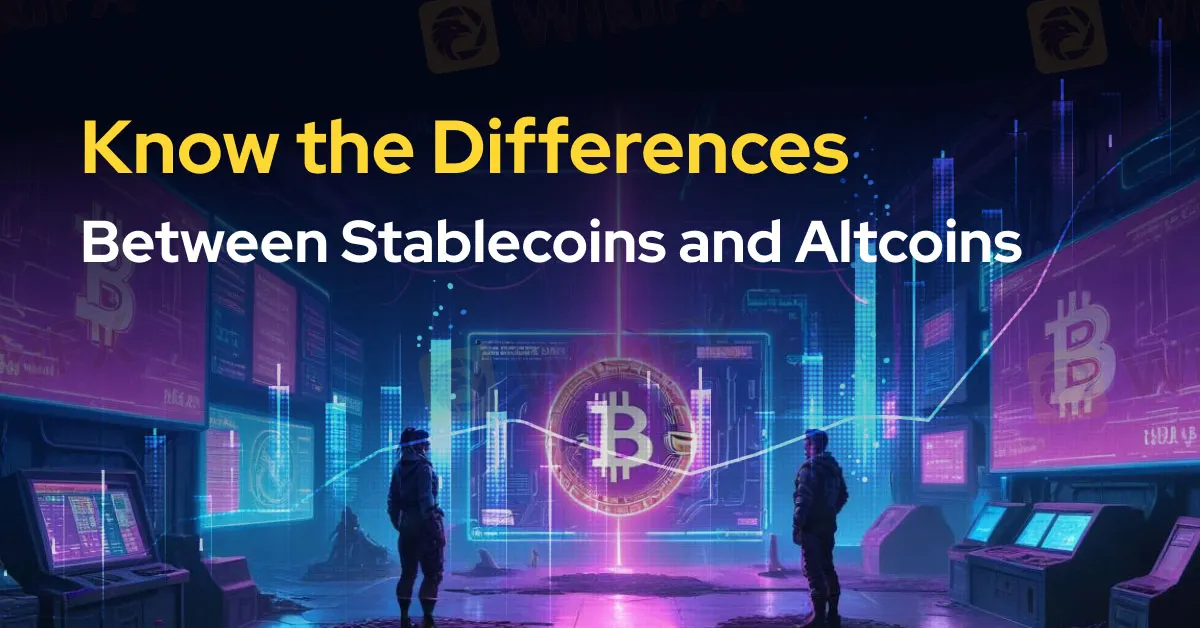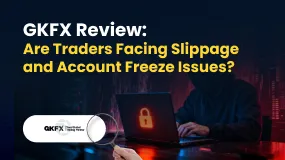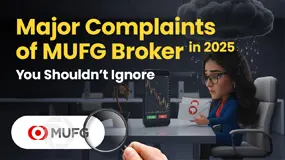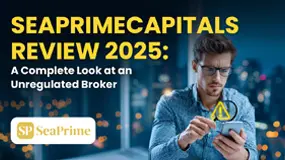简体中文
繁體中文
English
Pусский
日本語
ภาษาไทย
Tiếng Việt
Bahasa Indonesia
Español
हिन्दी
Filippiiniläinen
Français
Deutsch
Português
Türkçe
한국어
العربية
Know the Differences Between Stablecoins and Altcoins
Abstract:Learn the differences of stablecoins and altcoins from this article.

In the ever-evolving landscape of cryptocurrency, two distinct types of digital assets have emerged prominently: stablecoins and altcoins. While both belong to the broader category of cryptocurrencies, they serve fundamentally different purposes and exhibit contrasting characteristics. For traders navigating the complexities of digital markets, grasping these differences is crucial for informed decision-making and strategic investments.

Stablecoins are designed to minimize the volatility that plagues many traditional cryptocurrencies like Bitcoin and Ethereum. The primary objective of stablecoins is to maintain a stable value relative to a specific asset or basket of assets. This stability is typically achieved through pegging to fiat currencies (e.g., USD, EUR) or commodities (e.g., gold).
Stablecoins employ various mechanisms to ensure price stability. Firstly, fiat-collateralized stablecoins are backed by reserves of fiat currency held in banks, providing a 1:1 pegging. Secondly, crypto-collateralized stablecoins are supported by other cryptocurrencies held in reserve, managed through smart contracts to maintain stability. Lastly, algorithmic stablecoins use algorithms that dynamically adjust the coins supply based on demand to stabilize its value.

Contrasting with stablecoins, altcoins (short for alternative coins) encompass a vast array of cryptocurrencies that are not Bitcoin. They vary widely in purpose, function, and underlying technology. Altcoins are often developed to address specific use cases beyond basic peer-to-peer transactions, such as smart contracts, decentralized applications (dApps), or privacy-focused transactions.
Altcoins exhibit a diverse range of functionalities. Firstly, utility tokens are used to access or facilitate transactions within specific networks or platforms (e.g., Ethereum's Ether). Secondly, privacy coins are designed to enhance user anonymity and transaction confidentiality (e.g., Monero, Zcash). Lastly, platform coins serve as the foundation for decentralized applications and smart contracts (e.g., EOS, Cardano).
In summary, stablecoins prioritize stability, mimicking the value of traditional assets, whereas altcoins serve diverse functions beyond mere store-of-value. Stablecoins aim to minimize price fluctuations, making them suitable for transactions and hedging against market volatility. Altcoins, on the other hand, can experience significant price swings influenced by market sentiment and technological developments. Stablecoins are predominantly used for transactions and as a medium of exchange, whereas altcoins can serve various specialized functions within blockchain ecosystems.
In the dynamic realm of online trading and cryptocurrency investment, distinguishing between stablecoins and altcoins is essential for crafting effective trading strategies and managing risk. While stablecoins offer stability and liquidity akin to traditional assets, altcoins present opportunities for innovation and participation in emerging blockchain applications. By understanding these distinctions, traders can navigate the complexities of the crypto market with greater confidence and insight.
As both stablecoins and altcoins continue to evolve alongside regulatory frameworks and technological advancements, their roles in the digital economy are likely to expand, providing new avenues for investors and consumers alike to engage with blockchain technology.

Disclaimer:
The views in this article only represent the author's personal views, and do not constitute investment advice on this platform. This platform does not guarantee the accuracy, completeness and timeliness of the information in the article, and will not be liable for any loss caused by the use of or reliance on the information in the article.
Read more

GKFX Review: Are Traders Facing Slippage and Account Freeze Issues?
Witnessing capital losses despite tall investment return assurances by GKFX officials? Do these officials sound too difficult for you to judge, whether they offer real or fake advice? Do you encounter slippage issues causing a profit reduction on the GKFX login? Is account freezing usual at GKFX? Does the United Kingdom-based forex broker prevent you from accessing withdrawals? You are not alone! In this GKFX review guide, we have shared the complaints. Take a look!

Is Seaprimecapitals Regulated? A Complete Look at Its Safety and How It Works
The straightforward answer to this important question is no. Seaprimecapitals works as a broker without proper regulation. This fact is the most important thing any trader needs to know, because it creates serious risks for your capital and how safely the company operates. While this broker offers some good features, like the popular MetaTrader 5 platform and a low starting deposit, these benefits cannot make up for the major risks that come from having no real financial supervision. This article will give you a detailed, fact-based look at Seaprimecapitals regulation, what the company claims to do, the services it provides, and the clear differences between official information and user reviews. Our purpose is to give you the information you need to make a smart decision about the risks and benefits of working with this company.

Major Complaints of MUFG Broker in 2025 You Shouldn’t Ignore
2025 is about to end, and if you still want to be a trader or investor and are looking for a broker to invest with. It is important to read real user complaints first. This will help you understand the kind of problems users are facing with MUFG broker. In this article, we will tell you about the major complaints users have reported about MUFG in 2025, so you know what to watch out for. Do not ignore this MUFG broker article and understand the problems.

Seaprimecapitals Review 2025: A Complete Look at an Unregulated Broker
Seaprimecapitals presents a common problem for today's traders: it offers easy-to-use features and low starting costs, but it lacks important financial regulation. When traders research this broker, it looks good at first glance with features such as a $10 minimum deposit and the popular MT5 trading platform. However, these features come without the investor protections that regulated brokers provide. This review gives you a complete and fair analysis based on available information to help you make a smart decision.
WikiFX Broker
Latest News
CQG Partners with Webull Singapore to Power the Broker’s New Futures Trading Offering
【WikiEXPO Global Expert Interviews】Ashish Kumar Singh: Building a Responsible and Interoperable Web3
IEXS Review 2025: A Complete Expert Analysis
CySEC Flags 21 Unauthorized Broker Websites in 2025 Crackdown
IEXS Regulation: A Complete Guide to Its Licenses and Safety Warnings
WinproFx Withdrawal Problems: A Complete Look at Delays and User Reports
Does WealthFX Generate Wealth or Losses for Traders? Find Out in This Review
FONDEX Review: Do Traders Really Face Inflated Spreads & Withdrawal Issues?
FXPrimus Review: Is FXPrimus Regulated and Reliable for 2025?
Simulated Trading Competition Experience Sharing
Currency Calculator




